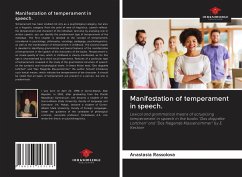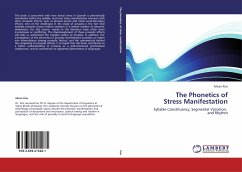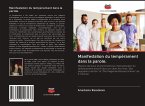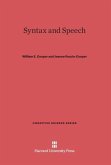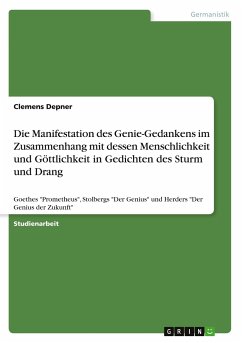Temperament has been studied not only as a psychological category, but also as a linguistic category. From the point of view of linguistics, speech reflects the temperament and character of the individual. And also by analyzing oral or written speech, you can identify the predominant type of temperament of the individual. The first chapter is devoted to the concept of temperament, considered in psychology, philosophy, sociology, pedagogy, psycholinguistics, as well as the manifestation of temperament in childhood. The second chapter is devoted to identifying grammatical and lexical features of the manifestation of temperament in the speech of the characters of the books. Temperament is an innate quality of man, which in childhood is clearly manifested, as for this age is characterized by a short social experience. Features of a particular type of temperament revealed in the study of the grammatical structure of speech: on the syntactic and morphological levels. In these fiction texts "Das doppelte Lottchen" and "Das fliegende Klassenzimmer" the author himself introduces such lexical means, which indicate the temperament of the character. It should be noted that all types of temperament are present in a person, but one is predominant.
Hinweis: Dieser Artikel kann nur an eine deutsche Lieferadresse ausgeliefert werden.
Hinweis: Dieser Artikel kann nur an eine deutsche Lieferadresse ausgeliefert werden.

